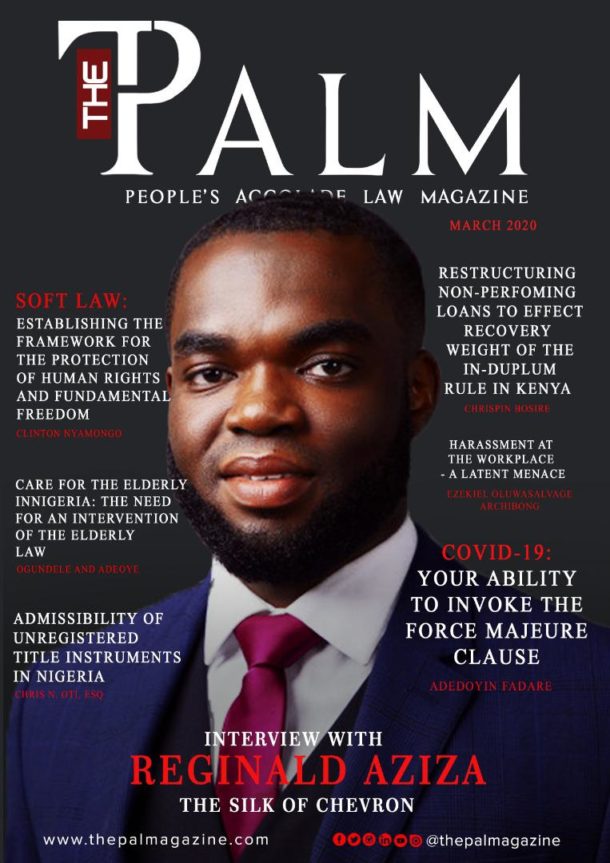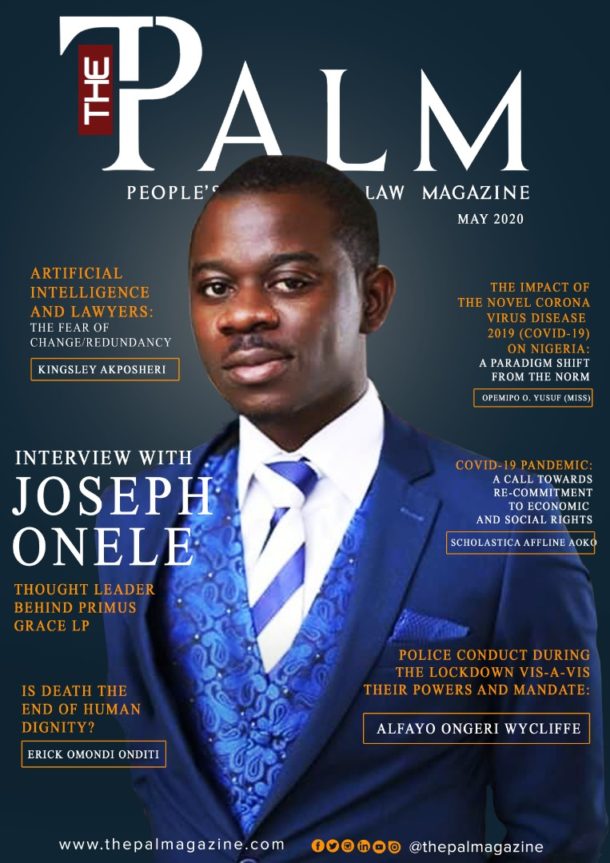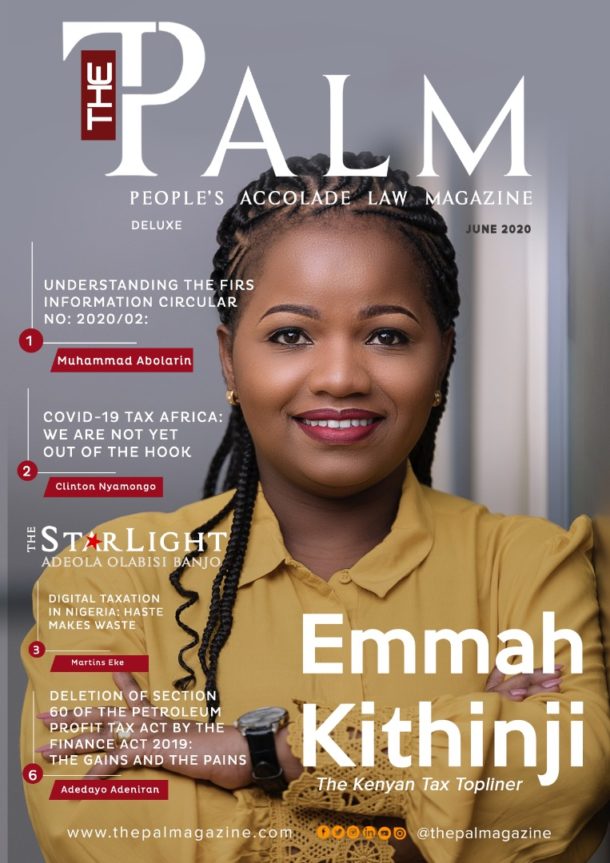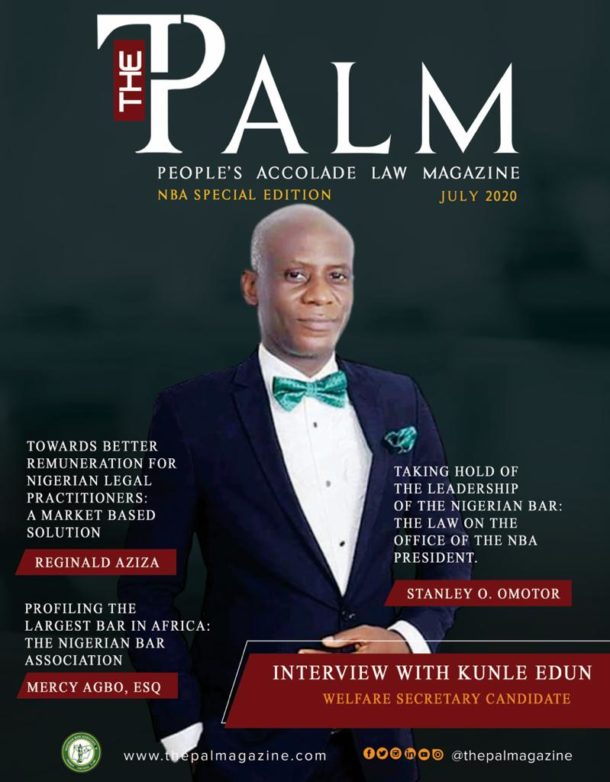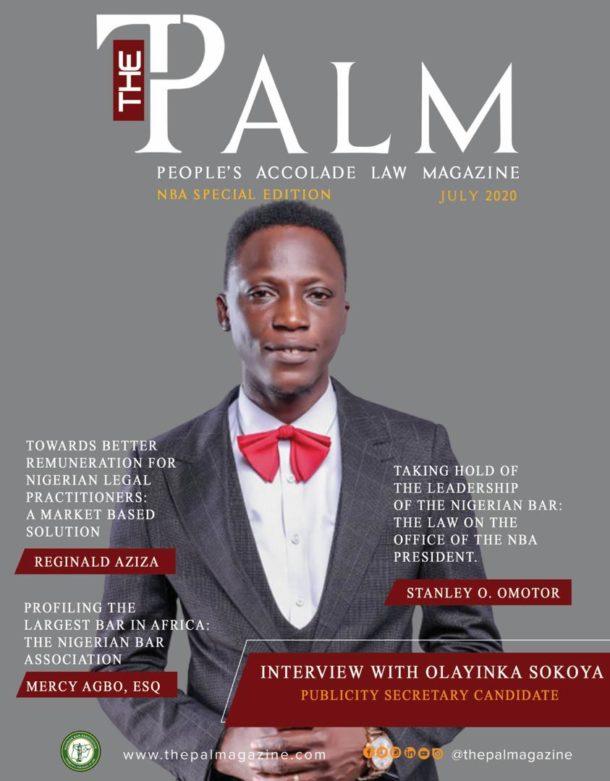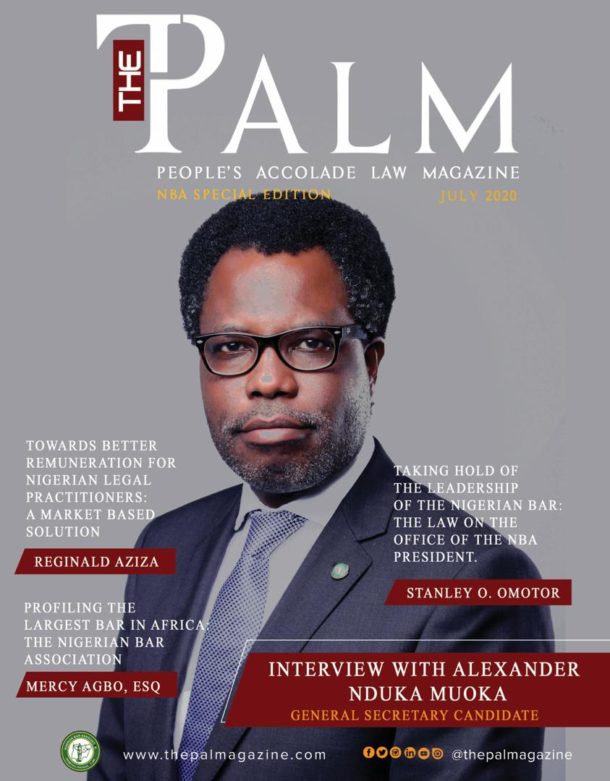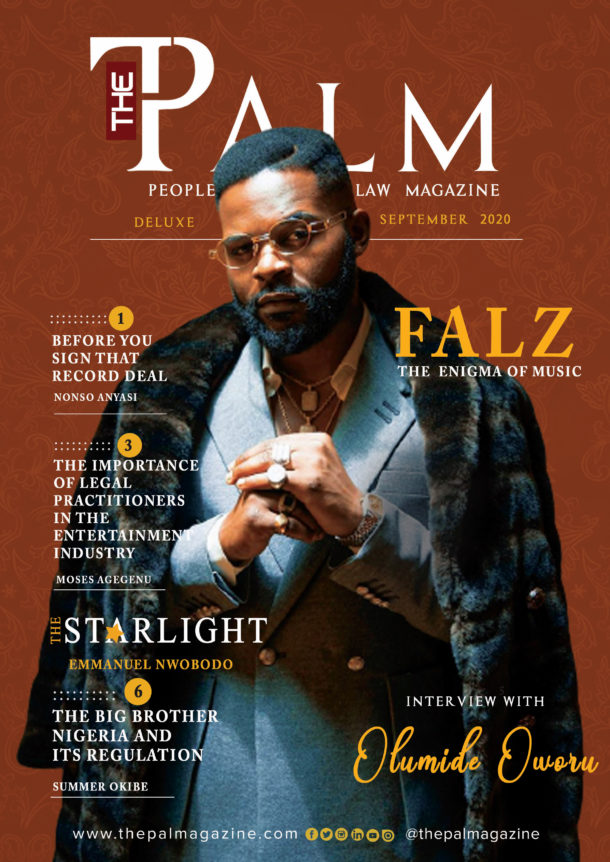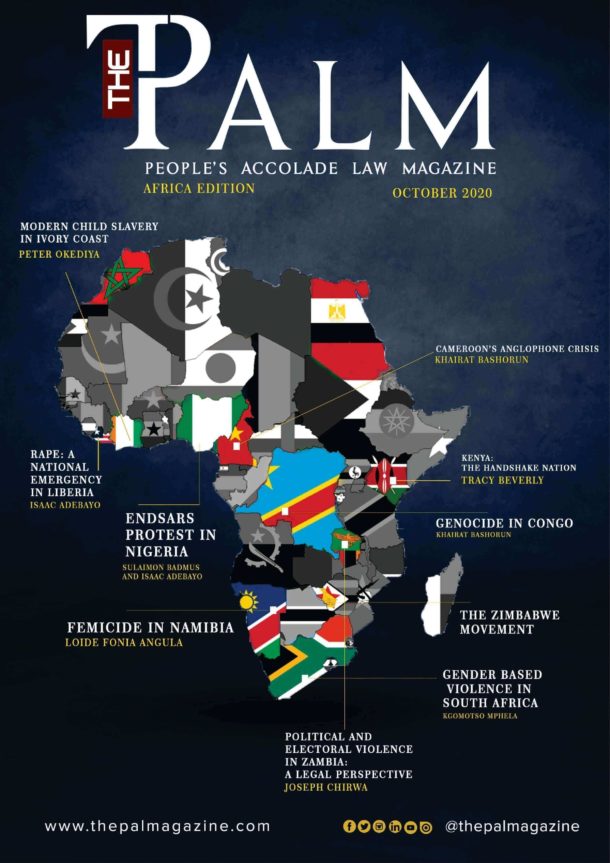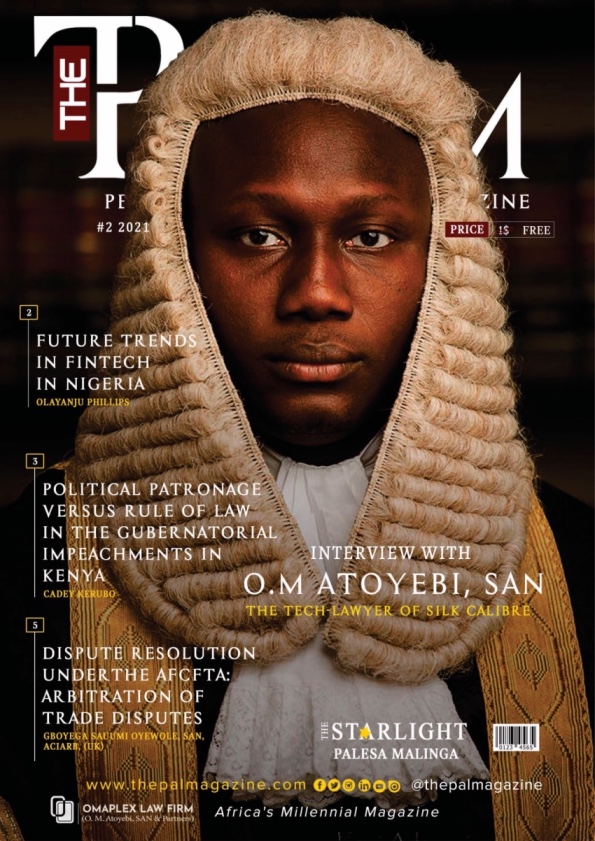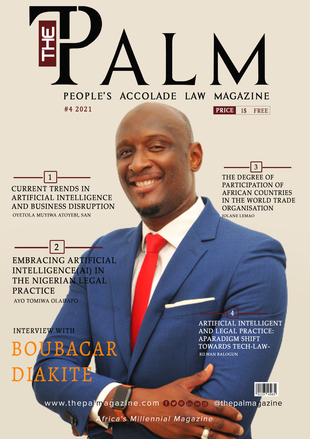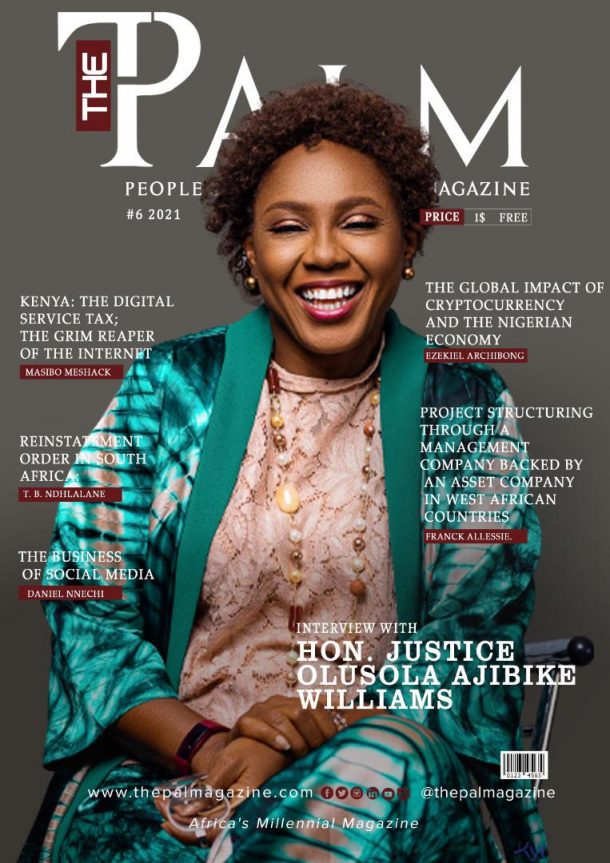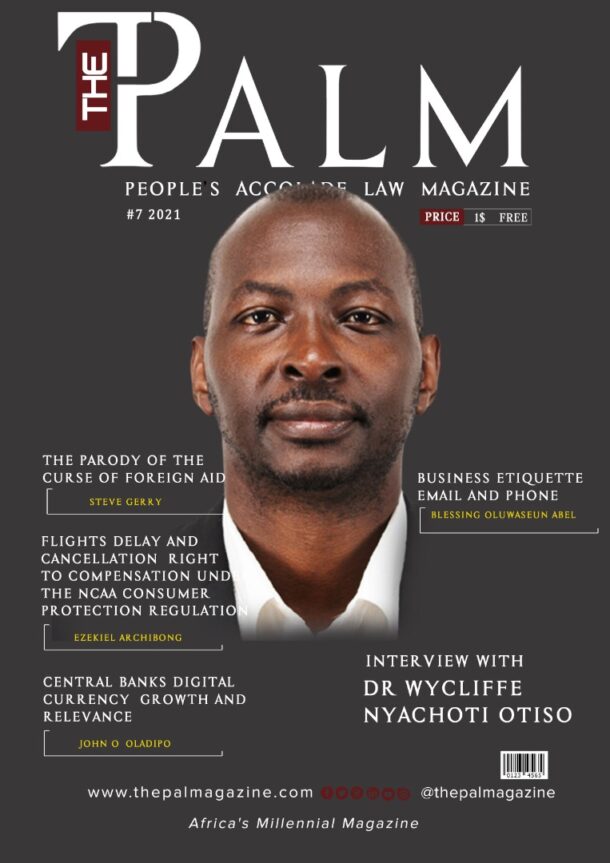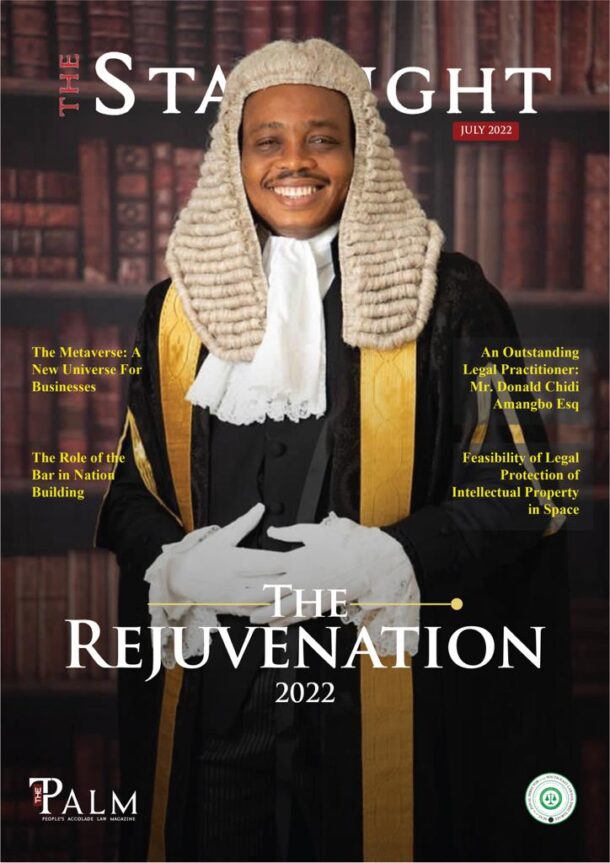Intellectual property is a product of the mind and thoughts, hence the word ‘intellect’. It is defined by the World Intellectual Property Organization(WIPO) as ‘creations of the mind, inventions, literary and artistic works, and symbols, names, images and designs used in commerce’. Intellectual property is transferrable like other properties by gift, sale or bequest, and it can be temporal or permanent in nature.
Intellectual property law deals with the legal rights associated with these creative efforts or commercial reputation and goodwill. This law involves the protection of inventions, meaning safeguarding the fruits of creativity and maintaining incentives to invest in innovation. This right is limited in nature, being intangible rights, there are different periods for all the forms of intellectual or industrial property. Intellectual property law is unique and peculiar in nature, it protects a chose in action. It aims at protecting the moral and economic rights of the author or originator from being infringed by an unauthorised person. Creations protected by Intellectual Property law have only an abstract existence, the law deters anyone from copying or taking unfair advantage of these creations or reputation of another and provides remedies when such occurs.
Intellectual property law is very essential in the society, it underpins industries like Architecture, Aerospace, Pharmaceuticals, Media and Entertainment. It bothers majorly on piracy, plagiarism and counterfeiting especially where commercial gains are gotten from such act.
Intellectual property (IP) Law has been in existence before formal IP law system came along.[1] The history of IP dates as far back as the industrial revolution and the age of innovations like the printing press developed around 1440 in Mainz, Germany and Humphry Davy’s electric lights patented by Thomas Edison and Swan in 1879 & 1880. In Nigeria, early proprietary rights in intangibles were vested exclusively in groups like families, clans, cults, or individuals like Elders, Chiefs and Kings.[2]
The enforcement of these rights were based on magical, religious and cultural or customary beliefs.
Intellectual Property Law is a developing area of Law in Nigeria, reliance is therefore placed on foreign laws, majorly English authorities. The intellectual property regime in Nigeria emanated from the English common law and the doctrines of equity of the late 19th century and is fast maturing into a great earner of foreign investments in the country.[3] There are several laws governing intellectual property protection in Nigeria; Nigerian Copyright Act[Cap 28 LFN 2004], Patents and Designs Act[Cap P2 LFN 2004] And Trade Marks Act[Cap T13 LFN 2004]. Nigeria has also ratified treaties like the Paris Convention for Protection of Industrial Property[September 1963] in addition to its assumed role by virtue of its membership in the World Intellectual Property Organization(WIPO) and World Trade Organization(WTO).

There are two classes of IP, namely- Copyright and Industrial property. Copyright is concerned with literary works and artistic creations, while Industrial property entails rights in patents, trademarks and industrial designs.
There are initiatives to enhance IP in Nigeria like, Intellectual Property Lawyers Association of Nigeria(IPLAN), Anti-Counterfeiting Collaboration of Nigeria(ACC) and Federation of Intellectual Property Owners. These bodies are non-governmental, they support IP government agencies like Nigerian Copyright Commission(NCC), National Office for Technology Acquisition and Promotion(NOTAP) and The Trademarks, Patents and Designs Registry.
ABOUT THE AUTHOR
Faith Oluwaferanmi Olafimihan often referred to as ‘Law Daddy’ is a part five law student of Bowen University, Iwo, Osun State. He is an avid writer and an orator with indefatigable personality and exquisite taste in substantive and procedural law. He is open to opportunities and has a penchant for self-development and developing others around him.
[1] WIPO Magazine [www.wipo.int]
[2] Developments in Intellectual Property in Africa[Adebambo Adewopo]
[3] IP Rights in Nigeria: A Legal Dialectics[Ademola Samuel Adeniyi]











